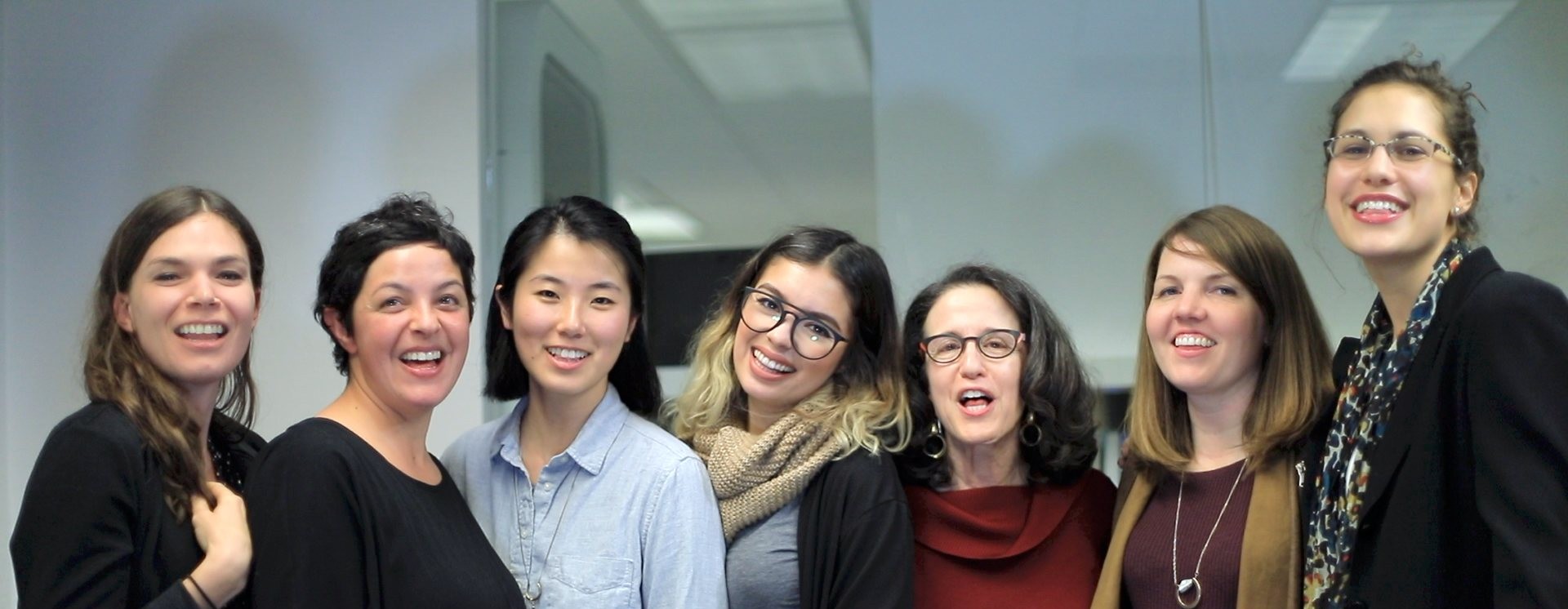Scientific Assistant in Biomedical Machine Learning and Data Science

Immigration Policy Lab
Scientific Assistant in Biomedical Machine Learning and Data Science
80%, Zurich, fixed-term
The Biomedical Data Science (BMDS) Lab investigates data-driven solutions for healthcare applications with a focus on neurological conditions such as spinal cord injury (SCI), lower back pain, neuro-degenerative disorders and neurological tumors. At the core of our research is the collaboration across disciplines spanning expertise in medicine, biology, computer and data science. We are seeking a scientific assistant to join this growing team and contribute to interdisciplinary research partnerships. The anticipated start date is March 1, 2026.
Project background
Traumatic spinal cord injury (SCI) has profound and lifelong consequences for affected individuals and their families. A major challenge in predicting long-term recovery is the substantial heterogeneity in patient outcomes, which traditional clinical assessments might not fully capture. Standard neurological evaluations alone cannot reflect the underlying biological and functional diversity, limiting both prediction accuracy and the effectiveness of treatment strategies. This project aims to address this gap by integrating neurological assessments with neurophysiological measurements and routine blood biomarkers, leveraging advanced machine learning to combine these diverse data sources. By identifying the most informative clinical features, the approach seeks to provide more accurate and interpretable recovery predictions, supporting better patient stratification, prognosis, and personalized treatment strategies.
Job description
- Explore and manage SCI datasets: Work with international databases of SCI patient data, ensuring accurate handling, preprocessing, and integration of heterogeneous clinical, neurophysiological, and biomarker information. These datasets are readily available at the start of the project.
- Develop advanced deep learning models: Design and implement a multi-branch neural network capable of integrating multiple data modalities into a unified representation.
- Implement a multi-task learning framework: Build and evaluate models that predict multiple, related recovery outcomes simultaneously, leveraging shared information between tasks to enhance predictive performance, interpretability, and generalization.
Profile
- You hold a Master's degree in Computer Science, Data Science, Biomedical Engineering, or a related field.
- You have strong Python programming skills and a proven track record in developing and training machine and deep learning models using Keras/TensorFlow and/or PyTorch, supported by experience in statistical data analysis.
- You have experience with collaborative coding practices, version control (e.g., Git), and working on computing clusters.
- Experience with SCI data or related research topics is an advantage.
- Background in biomedical projects and experience in interdisciplinary collaboration is a plus.
- You are motivated to work as part of a diverse team and are committed to scientific excellence in your field.
- You are proficient in both written and spoken English.
Workplace
Workplace
We offer
We offer a 1-year project-based contract at the BMDS Lab (80% workload).
- A stimulating, collaborative environment within ETH Zurich, one of the world’s leading universities for science and technology.
- The opportunity to contribute to cutting-edge biomedical data science with direct clinical relevance.
- Advance your skills in data science, machine learning, and neuroinformatics through biomedical applications to critical health conditions, with a focus on SCI.
- Be part of a highly motivated, multidisciplinary, and collaborative team.
- Learn from experts in the field and contribute to an active research lab.
We value diversity and sustainability
Curious? So are we.
We look forward to receiving your online application with the following documents:
- Curriculum Vitae (CV): outlining your educational background, previous positions, and (if applicable) publications.
- Task-based statement (maximum 1 page): briefly describe how you would approach the integration of longitudinal multi-assessment data for recovery prediction after SCI.
- Suggest strategies to combine longitudinal clinical assessments (e.g., demographic, neurological, neurophysiological, and biomarker data) to predict recovery outcomes.
- Discuss methodological approaches to effectively utilize all available data, accounting for repeated measurements and missing assessments, rather than restricting analyses to complete cases.
- Contact information from two references
Please note that we exclusively accept applications submitted through our online application portal. Applications via email or postal services will not be considered. Applications will be reviewed on a rolling basis.
Further information about the BMDS lab can be found on our website.
Questions regarding the position should be directed to Dr. Olga Taran, by email olga.taran@hest.ethz.ch (no applications).

